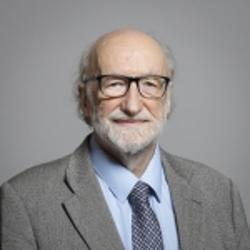English Language: Education
(asked on 25th January 2016) - View SourceQuestion to the Department for Business, Energy and Industrial Strategy:
To ask Her Majesty’s Government whether persons coming to live in the UK on spousal visas are entitled to make use of existing schemes of English language tuition provided through public funds; and on what terms.
Funding for english for speakers of other languages (ESOL) provision in England is normally restricted to people who have been resident in the UK or another EEA country for at least the previous 3 years on the first day of learning. For the 3-year residency rule not to apply to a person coming to live in the UK on a spousal visa, the spouse in the UK whom they are joining would have to have been resident in the UK for at least 3 years.
Full-funding is prioritised for people who are in receipt of certain work-related benefits and are mandated to undertake skills training to improve their English in order to find work. This is funded through a provider’s Adult Skills Budget. People on other state benefits who are unemployed and where poor English skills are a barrier to finding work, may still be eligible for full funding at the discretion of the training provider. All others can be co-funded but are expected to make a contribution towards the costs of training.
Other opportunities to learn English on publicly-funded programmes include BIS supported community-ESOL programmes and DCLG community-based English language projects.

